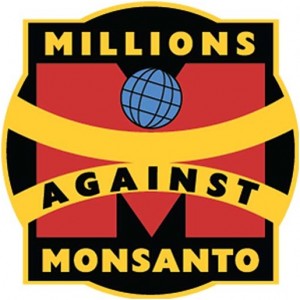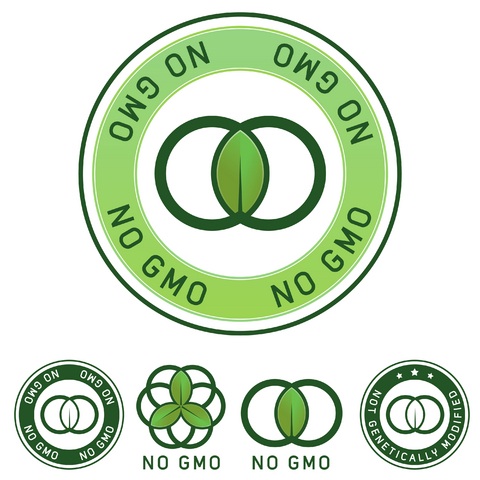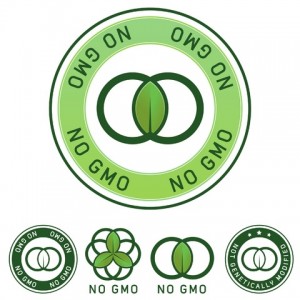
For those who are not aware of Monsanto or its global influence, I would like to provide you with some background information before explaining just why it is important to stand against the corporation and its actions.
Monsanto is an international agricultural corporation which is based out of the United States. It originated in 1901 and has functioned mainly as a pesticide corporation but as of recently it has been implementing genetically engineered seeds. These seeds, which are being sold and grow in many parts of the world, do not have the ability to reproduce, thereby forcing farmers to purchase a new set of seeds from the company each season. In many situations, the farmers have no choice but to continue paying into the corporation because no other seeds are available in their area. Monsanto is also the leader producer (and creator) of the herbicide “Glyphosate” (a herbicide which is used specifically to kill weeds around the GM crops but leave the crops un-harmed. This is made possible through the genetic tampering of the seeds which makes them resistant to the herbicide).
Monsanto has been adamantly rejecting many accusations that have been coming their way in more recent years. In fact, they go out of their way to address the international conversation that has been taking place about their “terminator” seeds and their inability to reproduce (provide seeds that can then be planted the following season). They claim in a statement on their website that “Monsanto has never commercialized a biotech trait that resulted in sterile – or “terminator” – seeds” (Monsanto Website). The website is littered with fabricated stories, pictures of smiling farmers and claims that Monsanto has their best interests at heart. The truth is many farmers are struggling to make the expensive purchases of Monsanto seeds and herbicide. Debt is rising in rural areas around the world (India taking one of the hardest hits, with thousands of farmer suicides being said to be associated with debt owed to Monsanto and their inability to support themselves) and a countless number of individuals are suffering because of the negative side effects. Monsanto has a huge stake in the worlds production of seeds and is already working on spreading their patents to broccoli and eggplant despite international disagreement.
This is why we march. The global March Against Monsanto is a worldwide call of action aimed at informing the public of the long term health, environmental, and financial effects of genetically modified foods. Last years globalized day of action took place with over 2 million people took to the streets to express their opinions and attempt to reclaim the food systems. We march for seed freedom (because seeds are a source of life, and corporations should not have the ability to patent life), for the labeling of GMO foods, to promote organic and sustainable alternatives, to demand the accountability of those responsible for corruption, and to further the scientific research around GMOs. *name withheld on request



